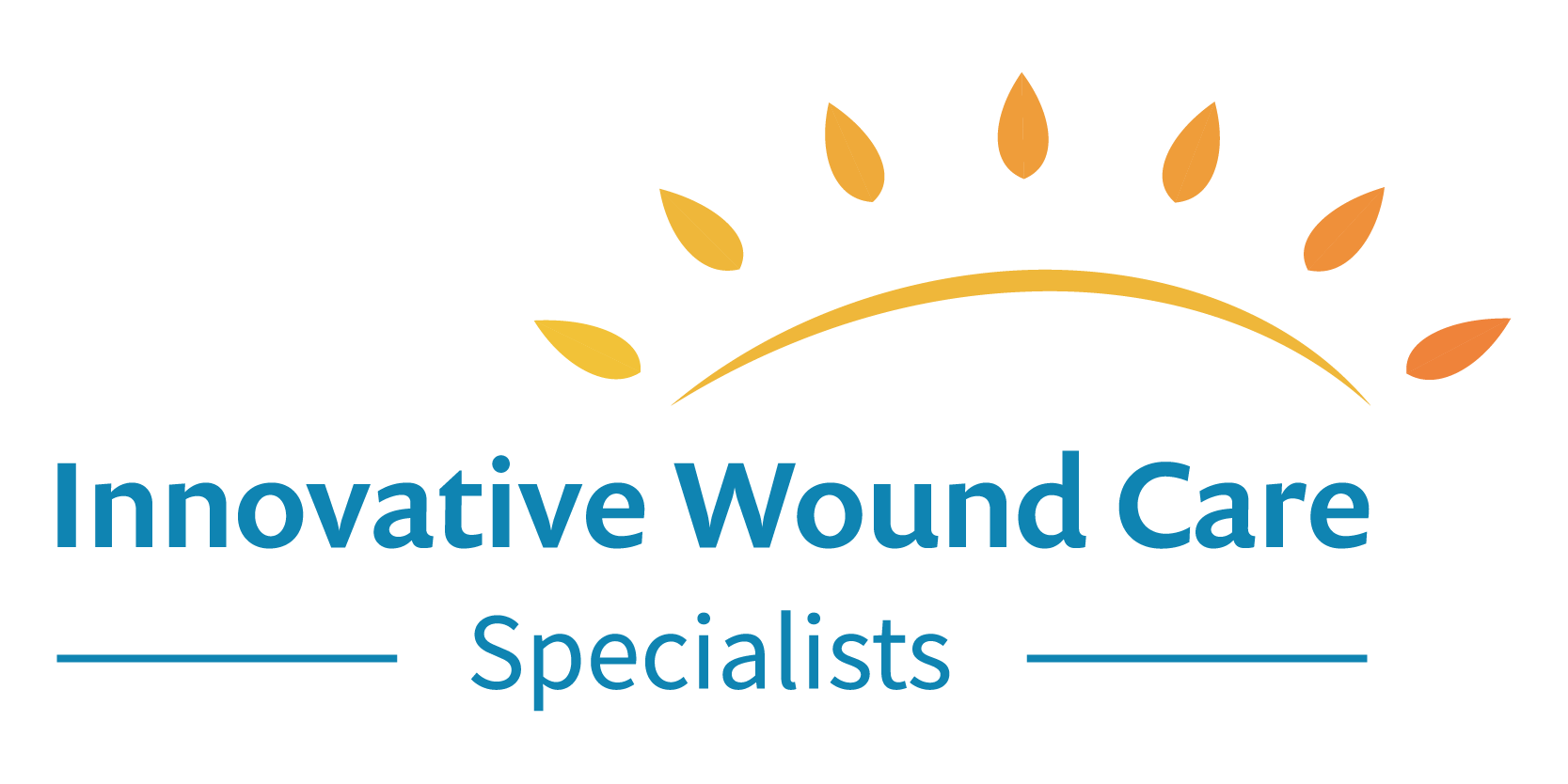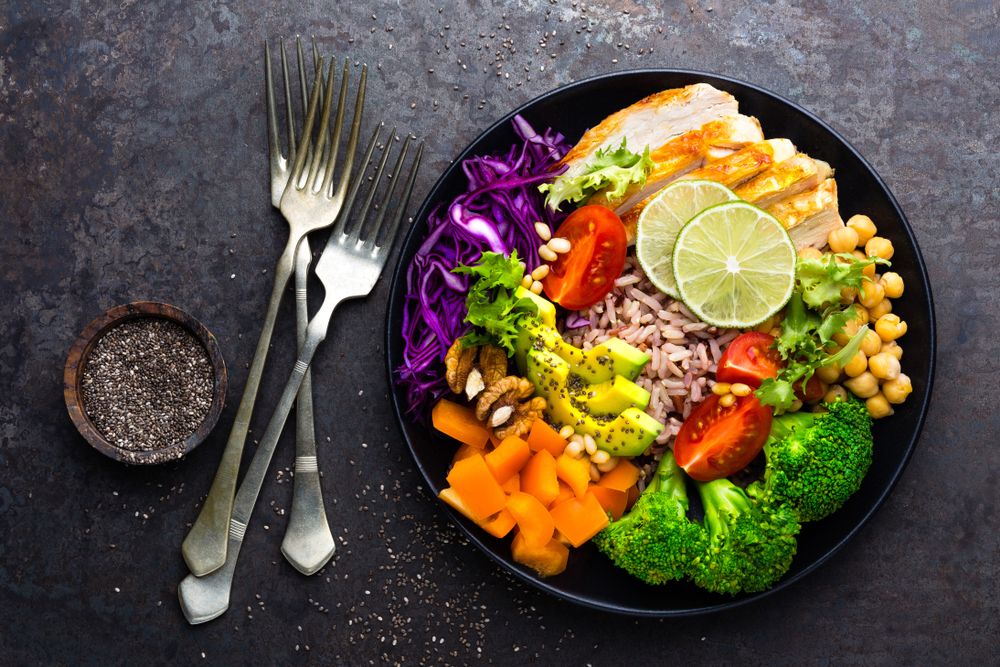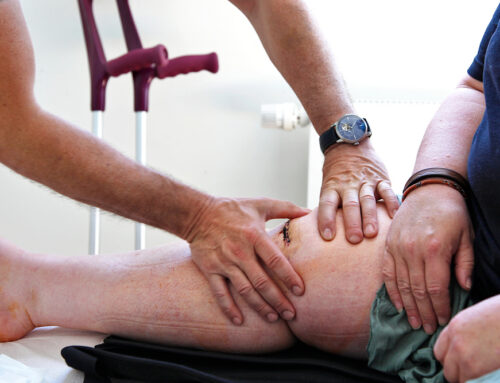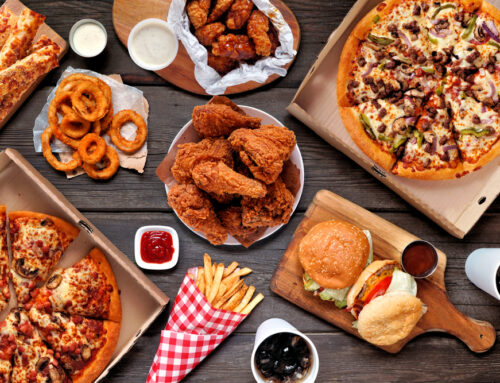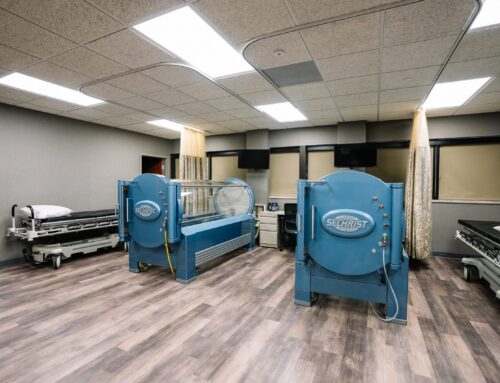After an accident, your body starts to pull resources together to heal your body. Mending your body back together takes increased blood flow, collagen production, and nutrients to fuel the process. For your body to be able to properly provide these resources, your diet needs to be full of healthy nutrients that help increase blood cell and collagen production.
Maximizing your body’s nutrients through a healthy diet can expedite your recovery and help minimize complications.
Why Nutrition is Important for Wound Care
When your body is trying to heal a wound, it needs extra nutrients and energy to allow your body to maintain regular functions. Every aspect of your body requires nutrients to function, from keeping your heart beating to growing out your hair. When your body is injured, the wound only gets whatever nutrients are left over after essential functions get the amount they need first. By incorporating more nutrients into your diet, you can help improve your wound healing.
Wound healing requires more cell regeneration to mend the wound back together properly. You can fuel cell regeneration through a few key nutrients, including:
- Zinc: Used to aid cell division, remove tissue debris, aid in collagen maturation, and reduce inflammation
- Protein: Provides the building blocks for cell repair through amino acids
- Vitamin C: Acts as an antioxidant that assists with decreasing inflammation and stimulating collagen production
- Vitamin A: Helps with cell growth to restore epithelial structure(outer covering of the skin), which can help minimize scar tissue
Each of these nutrients can also help fortify your immune system against infections. These nutrients can help improve the production of immune cells while providing more fuel to allow them to function properly. The increase of immune cells can help your body combat viruses, bacteria, and other pathogens to keep your wound infection-free.
In addition to prioritizing specific nutrients, you will also need to increase your caloric intake to create enough energy to heal your wounds. Since your body is trying to maintain regular functions while healing a wound, your metabolic rate increases and burns more calories throughout the day. Increasing how many calories you consume can help provide the additional energy your body needs to accommodate wound healing.
Recommended Foods for Wound Care
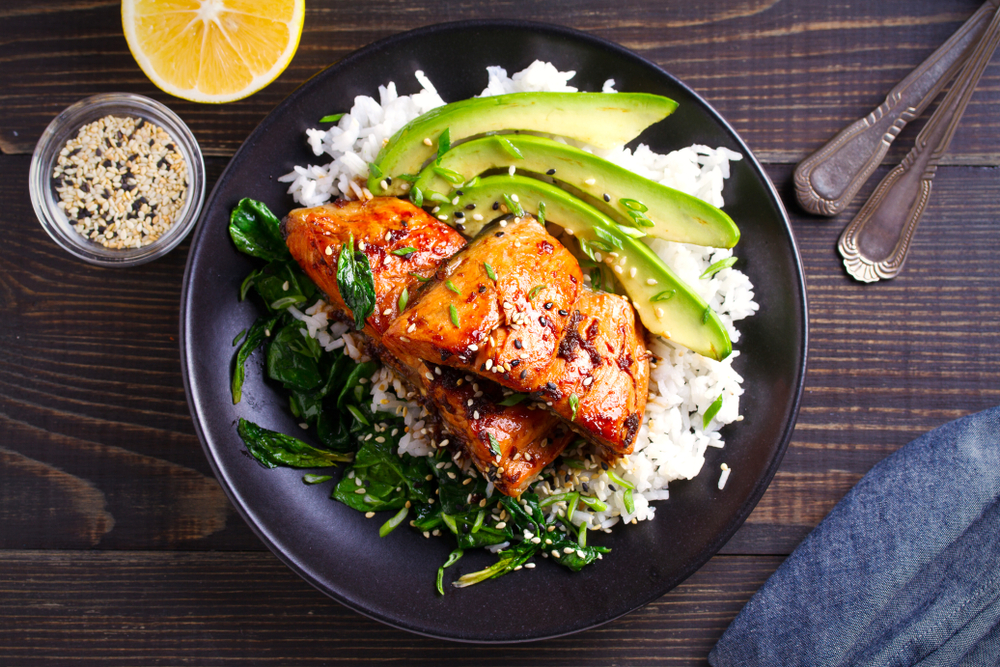
Now that we’ve explained why nutrition matters for wound care, it’s time to work on how you can incorporate the nutrients into your diet.
Protein-rich Foods
With protein providing the essential amino acids your body uses as the building blocks of tissue repair, you’ll want to create a primary focus on protein-rich foods. There is a variety of ways you can incorporate more protein into your diet, such as:
- Dairy products: Milk, cheese, and yogurt contain protein and calcium, which can help act as a coagulant for wound sites
- Fish: Salmon and tuna can provide protein and omega-3 fatty acids that can reduce inflammation
- Eggs: Eggs can provide both protein and zinc, both of which help promote wound healing
- Lean meats: Chicken and turkey can contribute to your protein intake without excess saturated fat
- Plant-based options: Quinoa, chickpeas, lentils, and tofu can all provide protein for vegetarians, vegans, or for anyone looking to add extra protein throughout their meal
Vitamins and Minerals
Specific vitamins and minerals can help speed up your healing process while preventing complications through immunity support. Here’s how you can find each vitamin through your diet:
- Vitamin C: Citrus fruits, broccoli, bell peppers, strawberries, and kiwi
- Zinc: Nuts, shellfish, seeds, and whole grains
- Vitamin A: Sweet potatoes, liver, kale, carrots, and spinach
- Iron: Red meat, legumes, spinach, and fortified cereals like Cheerios and Shredded Wheat
Healthy Fats
Healthy fats can help provide energy while reducing inflammation in your body. Healthy fats consist of monounsaturated and polyunsaturated fats, which are helpful for maintaining healthy cholesterol levels and reducing inflammation from elevated blood pressure. To incorporate healthy fats into your diet, look into adding the following foods to your meals:
- Nuts and Seeds: Rich in omega-3 and omega-6 fatty acids
- Avocados: Full of vitamin E and monounsaturated fats
- Olive oil: Contains monounsaturated fats and antioxidants
Importance of Hydration for Healing Wounds

Although it may seem simple, hydration is commonly overlooked when it comes to wound care. Staying hydrated can help support multiple healing processes from tissue repair to nutrient delivery. Wound healing is promoted by hydration through:
- Skin Elasticity: Hydrated skin is easier to stretch, allowing a wound to heal easier as the edges of the wound come back together.
- Nutrient Transport: Water helps dissolve nutrients in your body to make them easier to transport to the cells across your body.
- Removing Toxins: Just as water can be used to transport nutrients, it can also help remove waste products and toxins to help reduce the risk of inflammation or infection.
- Collagen Production: Collagen is reliant on a hydrated environment to properly synthysize, making staying hydrated essential to help your wounds close.
- Blood Circulation: Staying hydrated can help with blood flow, which is great for healing wounds since oxygen and immune cells in your blood are crucial to fuel the process.
To stay hydrated, aim to drink 8-10 cups of water throughout the day, and more than that if you are physically active or living in a hot climate. You can also get hydrated through high water content foods such as cucumbers, oranges, watermelon, and soups. Make sure to avoid coffee, sugary drinks, and alcohol as they can dehydrate your body. If you have difficulty remembering to drink water, try setting alarms or using water logging apps to remind you throughout the day.
Simple Tips for Eating Well During Recovery
Eating well during recovery doesn’t need to be as complicated as it might sound. There are multiple methods you can use to ensure you’re getting the nutrients you need so your body can heal properly without a bunch of extra stress.
Plan and Prepare Meals in Advance
One of the biggest frustrations when it comes to adding nutrients into your diet is how much time and effort it takes to cook or prepare nutritious meals. A great way to reduce the stress around what to eat each day is to create a meal plan that allows you to make a larger batch of food to eat once and freeze the rest for other meals in the week. You can even reduce the prep time by taking advantage of pre-washed and pre-cut fruits and vegetables. Although it will take more time when you initially start, you will eventually build a stockpile of ready-to-eat meals.
Incorporate Nutrient-Dense Snacks
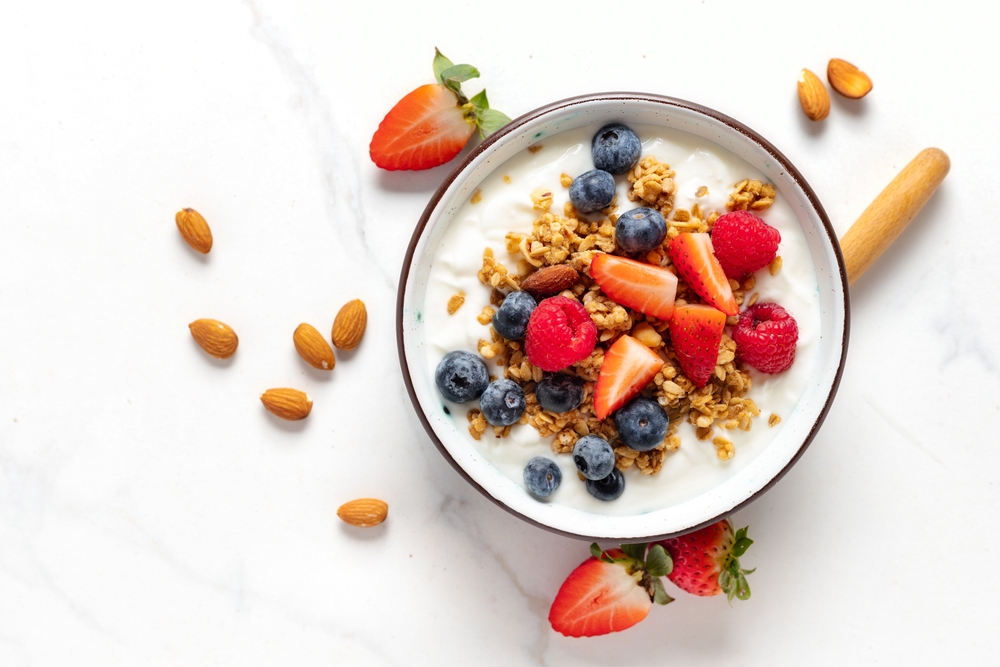
Snacking doesn’t have to be an area where you lack essential nutrients. You can actually use snacking to fill in the space between meals with a steady supply of nutrients and energy throughout your day. Simple snacks like a handful of nuts or seeds could help give you zinc and healthy fats. If you need some additional fiber, try veggie sticks for a boost along with some additional vitamins. You could even go with some greek yogurt with berries for protein and antioxidants.
Avoid Processed and Junk Foods
Usually when you think of snacking, you think of processed foods and junk snacks, but for the sake of your wound healing you’ll want to hold off on the potato chips. Many processed foods consist of unhealthy fats, high amounts of sodium, and added sugars that create inflammation that can keep you from healing. You can still enjoy your favorite junk foods occasionally, but you’ll want to make sure to find healthier swaps such as fresh fruits, vegetables, whole grains, and other unprocessed foods to promote healing.
Consider Supplements with Doctor’s Recommendations
If you’ve tried incorporating nutrients into your diet and still have trouble with a non-healing wound, talk to your healthcare provider. Your doctor can run tests to determine which nutrients you do not have enough of in your diet and help you create a plan to increase the amount of the nutrient you take in. Your doctor may suggest supplements to help address any nutrient deficiencies. Do not start any new supplements without consulting your healthcare provider first to ensure it’s the best course of treatment for you.
Wound Healing With Innovative Wound Care
At Innovative Wound Care in Flint, Michigan, we proudly offer treatments for:
We also offer some of the top treatment options for wounds, such as:
- Hyperbaric oxygen therapy (HBOT)
- Advanced wound dressings
- Compression dressings
- Debridement
- Negative pressure wound therapy
Allow our providers to properly assess your wound to expedite your healing journey. You should not have to suffer in silence when you have options available to treat and manage chronic wounds.
Contact us today to learn more about our options, and the next steps you can take for further healing. We look forward to hearing from you.
